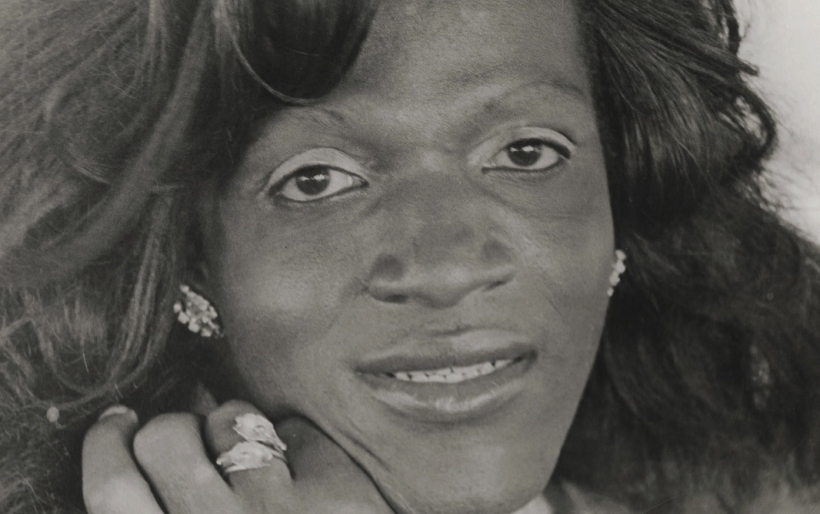Last week, ANOHNI released My Back Was A Bridge For You To Cross, her first full-length since 2016. Between her solo project and her former band, Antony and the Johnsons, the singer/songwriter has put out eight albums, the first dating back to 2004. Her new record encompasses the range of sounds explored in her past work with The Johnsons, crafting an impassioned and revealing experience.
Anohni’s musical involvement dates back to 1990 as a performer and student in New York City, attending the Experimental Theater Wing of New York University. These younger years shaped the direction that Anohni’s music would take, incorporating off-kilter performance and presentation while also never being boxed into a single sound or style. Also, as a transgender woman, she became involved with the LGBTQ+ community and activism around her in NYC, which led to her participation in a 1996 grant-winning theatrical production of The Accession of Marsha P. Johnson.
Formed in 1998, Antony and the Johnsons released their self-titled debut album in 2004. She released six albums under this name, finishing with 2015’s Cut Your World before pivoting her musical output to reflect her name ANOHNI for the 2016 album HOPELESSNESS. With one EP in 2017 and scattered singles since, this is both ANOHNI and Antony and the Johnsons’ proper comeback project. Across her social media profiles and website, she appears to be labeling her new work as ANOHNI and the Johnsons, a fusion of current and past names.
